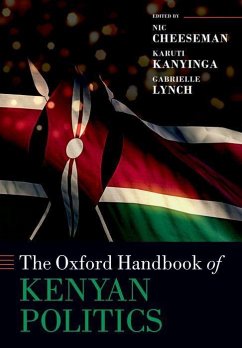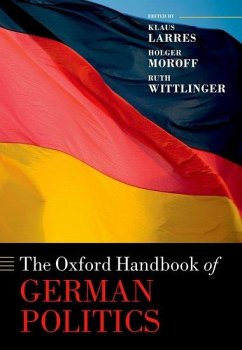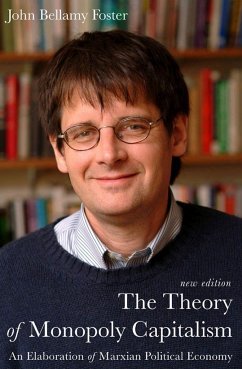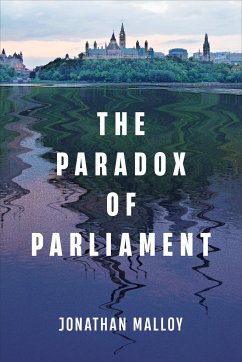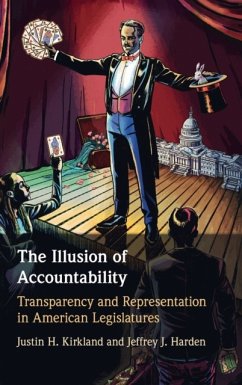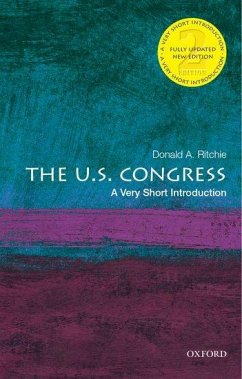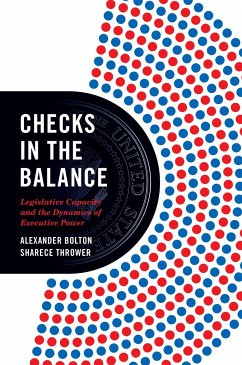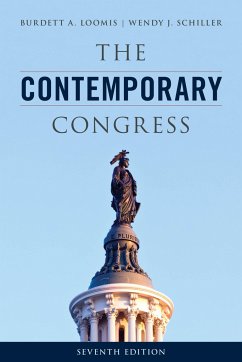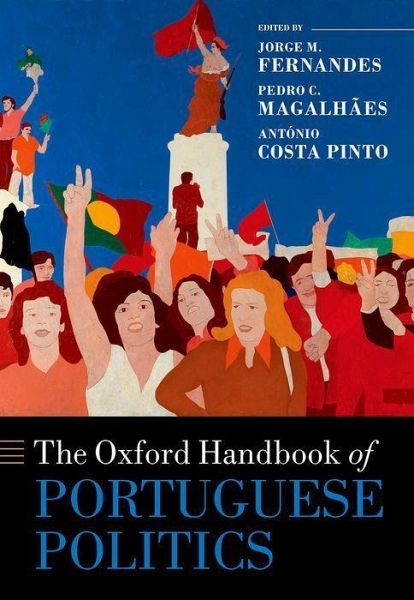
Gebundenes Buch
The Oxford Handbook of Portuguese Politics
Versandkostenfrei!
Versandfertig in über 4 Wochen

PAYBACK Punkte
114 °P sammeln!




The Oxford Handbook of Portuguese Politics brings together the best scholars in the field offering an unrivalled coverage of the politics of the country over the past 50 years. The eight sections examine historical background, institutions, policymaking, European integration, and defence, amongst others.
Jorge M. Fernandes is an Assistant Research Professor, Institute of Social Sciences, University of Lisbon. He holds a Ph.D. in Social and Political Sciences from the European University Institute (2013). His research interests include representation, electoral systems, political parties, legislatures, and coalitions. His work has appeared in journals such as Comparative Political Studies, European Journal of Political Research, Political Behavior, Legislative Studies Quarterly, Party Politics, and many others. He is the co-editor of The Politics of Legislative Debates (Oxford University Press, 2021) and co-authored a chapter in The Oxford Handbook of Political Representation in Liberal Democracies. Pedro C. Magalhães is a Research Fellow, Institute of Social Sciences, University of Lisbon. He holds a Ph.D. in Political Science from the Ohio State University (2003). His research interests include public opinion, elections, and judicial politics. His work has appeared in journals such as the American Journal of Political Science, Comparative Political Studies, European Journal of Political Research, Political Research Quarterly, West European Politics, Experimental Economics, and many others. He has co-edited volumes for Oxford University Press and authored or co-authored chapters in three Oxford Handbooks (Executive Politics, Political Representation, and Spanish Politics). António Costa Pinto is a Research Professor, Institute of Social Sciences, University of Lisbon. He has been a visiting professor at Stanford University (1993), Georgetown University (2004), a senior associate member at St Antony's College, Oxford (1995), and a senior visiting fellow at Princeton University (1996), at the University of California, Berkeley (2000 and 2010), and at New York University (2017). He is a past president of the Portuguese Political Science Association. His research interests include authoritarianism, democratisation and transitional justice, political elites, and the comparative study of political change. Among his publications are Political Institutions and Democracy in Portugal: Assessing the Impact of the Eurocrisis (2019, Co-Ed.) and Technocratic Ministers and Political Leadership in European Democracies, (2018, Co-Ed).
Produktdetails
- Verlag: Oxford University Press
- Seitenzahl: 816
- Erscheinungstermin: 25. Januar 2023
- Englisch
- Abmessung: 234mm x 185mm x 76mm
- Gewicht: 1556g
- ISBN-13: 9780192855404
- ISBN-10: 0192855409
- Artikelnr.: 66139744
Herstellerkennzeichnung
Libri GmbH
Europaallee 1
36244 Bad Hersfeld
gpsr@libri.de
Für dieses Produkt wurde noch keine Bewertung abgegeben. Wir würden uns sehr freuen, wenn du die erste Bewertung schreibst!
Eine Bewertung schreiben
Eine Bewertung schreiben
Andere Kunden interessierten sich für


